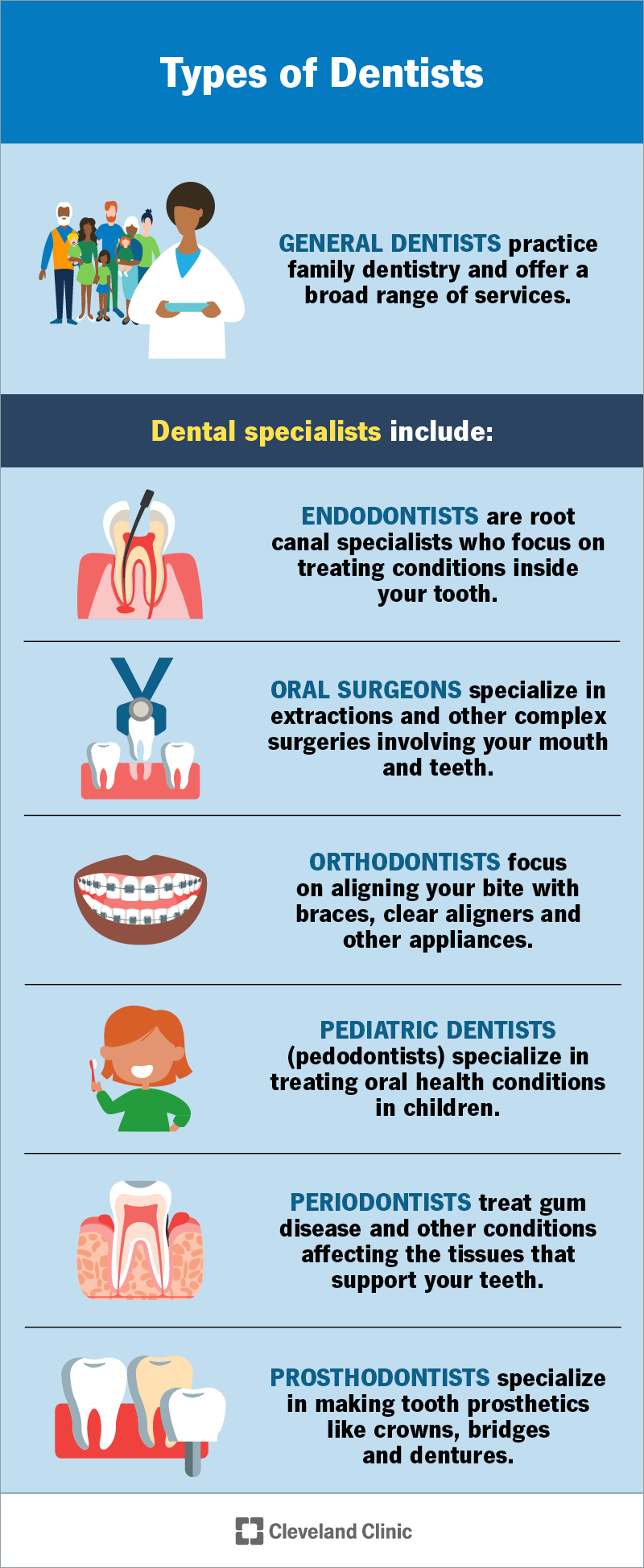Porcelain Veneers Washington DC: Your Path to a More Vibrant Smile
Porcelain Veneers Washington DC: Your Path to a More Vibrant Smile
Blog Article
Typical Inquiries About Oral Veneers Addressed
Dental veneers have actually come to be a significantly sought-after option for those aiming to improve their smiles, yet several people remain unpredictable regarding numerous facets of their usage. Key questions often emerge pertaining to the application process, long life, and potential dangers related to these aesthetic improvements. Furthermore, the distinction in between porcelain and composite veneers can considerably affect one's option. As we discover these usual inquiries, it ends up being important to take into consideration not only the advantages but additionally the ramifications of choosing dental veneers in quest of an extra certain look. What elements should one evaluate before making such a choice?
What Are Dental Veneers?
Oral veneers are thin, customized shells crafted from porcelain or composite material that are created to cover the front surface of teeth. These dental prosthetics offer both useful and visual objectives, giving an option for different oral flaws, including discoloration, chips, voids, and misalignment. By adhering to the teeth, veneers can substantially improve the overall appearance of a smile, creating a more attractive and uniform appearance.
Porcelain veneers are particularly favored for their all-natural clarity and stain resistance, making them an ideal option for people seeking resilient results. On the other hand, composite resin veneers are generally more economical and can be applied in a solitary go to, yet they might not use the same durability as porcelain choices.
The choice to select oral veneers often comes from a wish for visual improvement, yet patients must also think about variables such as the longevity of the material, maintenance demands, and the prospective requirement for tooth decrease (Dental Veneers). Inevitably, dental veneers stand for a effective and functional remedy for achieving a glowing smile, accommodating individual aesthetic demands while promoting self-confidence and self-confidence
Exactly How Are Veneers Applied?
The application process for veneers calls for cautious preparation and accuracy to guarantee ideal results. The treatment normally starts with an extensive consultation, where the dental professional examines the individual's oral wellness, reviews wanted results, and determines the appropriate sort of veneers, whether porcelain or composite resin.
As soon as the treatment strategy is established, the dental professional prepares the teeth by removing a thin layer of enamel, typically regarding 0.5 mm to 1 mm, to suit the veneer. This step is crucial as it ensures a correct fit and prevents the veneers from showing up cumbersome - Dental Veneers. After preparation, impressions of the teeth are required to produce custom-made veneers that match the person's special dental structure and visual choices
While the permanent veneers are being fabricated in a dental lab, short-term veneers might be positioned to shield the prepared teeth. Once the permanent veneers prepare, the dental professional will very carefully bond them to the teeth utilizing a strong oral adhesive. Last modifications are made to make sure correct positioning and attack, followed by polishing for a natural appearance. The procedure finishes in a follow-up consultation to keep an eye on the veneers' fit and the patient's contentment with their brand-new smile.
What Are the Advantages?

Moreover, veneers are known for their sturdiness and resistance to discoloring contrasted to natural teeth. Made from top quality products such as porcelain or composite material, they can maintain their look for several years with appropriate care. This longevity makes them a practical investment in one's oral appearance.
Along with visual improvements, veneers can additionally contribute to boosted dental health. By covering harmed or damaged teeth, they can offer added assistance and protection, helping to avoid more degeneration or degeneration. This safety facet can minimize the requirement for much more extensive oral treatments in the future.

For How Long Do They Last?
With appropriate treatment and maintenance, dental veneers can last anywhere from 10 to 15 years, making them a lasting remedy for boosting one's smile. The durability of veneers largely depends on the product utilized, the quality of the first placement, and the client's adherence to dental health methods.
Porcelain veneers are known for their toughness and resistance to staining, usually lasting closer to the 15-year mark when looked after suitably. Compound veneers, while much more affordable, might require replacement quicker, frequently within 5 to ten years as a result of their susceptibility to use and discoloration.

In addition, wearing a mouthguard during sporting activities or nighttime can offer extra defense. Eventually, while veneers supply a significant visual improvement, their durability is significantly affected by the dedication to appropriate check my site oral treatment and routine appointments with an oral expert.
Exist Any Dangers?
Thinking about the transformative effects of oral veneers, it is necessary to recognize the possible dangers associated with their application. While veneers can boost the look of teeth, the procedure entails the removal of a thin layer of enamel, which can enhance tooth sensitivity and susceptability to degeneration.
One substantial danger is the possibility of inappropriate positioning or suitable, bring about pain, bite imbalance, or perhaps damage to the underlying tooth structure. Additionally, if the veneers are not preserved correctly, they can come to be tarnished or chipped gradually, necessitating replacement.
Individuals might likewise experience allergies to the products used in the veneers, particularly if they have sensitivities to certain oral composites. While veneers are long lasting, they are not indestructible; excessive force from grinding or squeezing can lead to cracks.
It is important for people to talk to a qualified oral professional to assess their individual risks and to adhere to aftercare guidelines vigilantly. By comprehending these dangers, individuals can make enlightened choices concerning their dental veneer therapy and make certain the long life and success of their enhancements.
Verdict
In recap, dental veneers represent a useful cosmetic option for improving smiles, with factors to consider concerning their application, advantages, longevity, and connected risks. Their performance is affected by aspects such as the option of material, with porcelain offering exceptional sturdiness contrasted to composite alternatives. Proper treatment and upkeep are important to optimize the life expectancy of veneers. Ultimately, informed decision-making regarding oral veneers can bring about acceptable visual end results and improved oral health.
Dental veneers are slim, tailor-made coverings find here crafted from porcelain or composite resin that are made to cover the front surface of teeth. After prep work, impacts of the teeth are taken to create customized veneers that match the person's distinct dental framework and aesthetic preferences.
While the irreversible veneers are being produced in an oral research laboratory, short-term veneers might be put to protect the ready teeth. Once the permanent veneers are ready, the dental practitioner will meticulously bond them to the teeth using a solid dental adhesive. Eventually, informed decision-making regarding oral veneers can lead to satisfying aesthetic results and boosted dental health.
Report this page